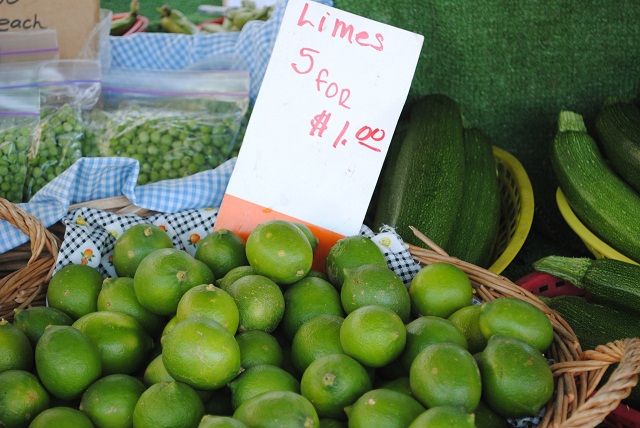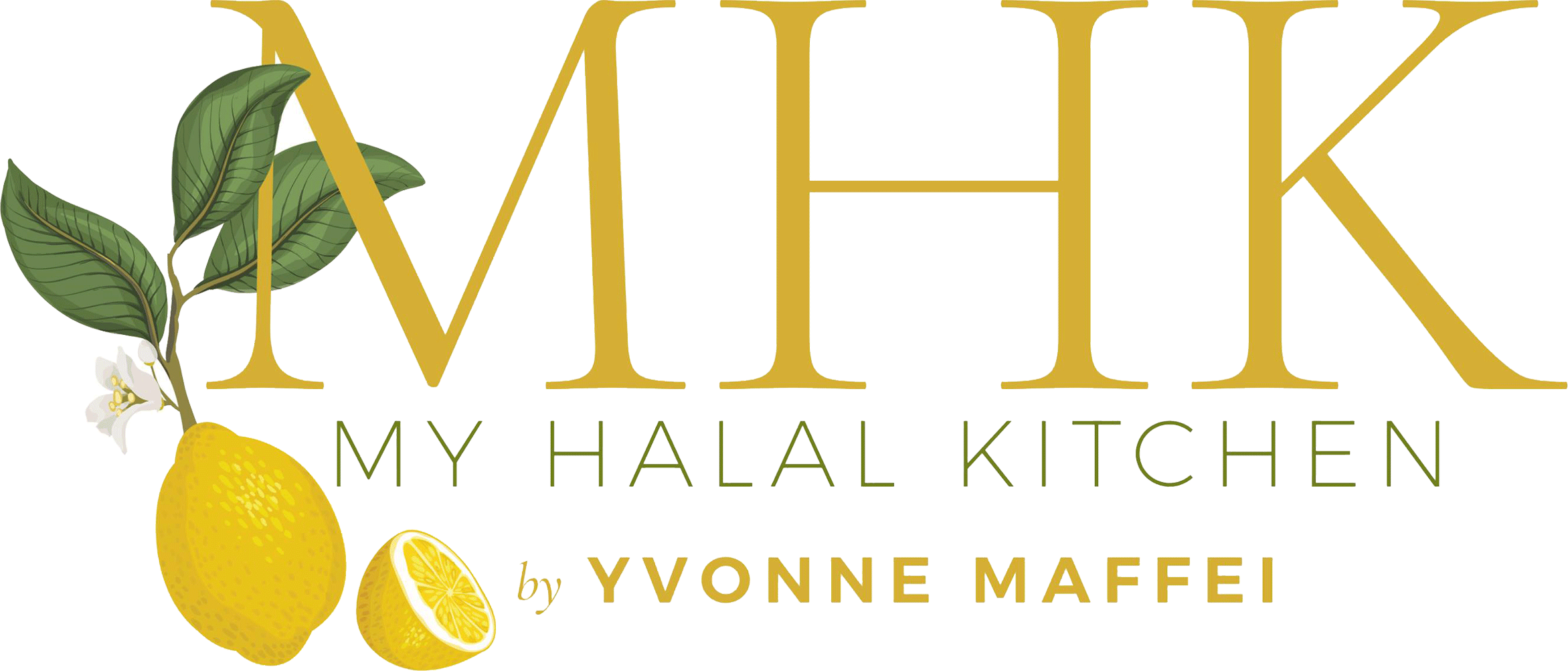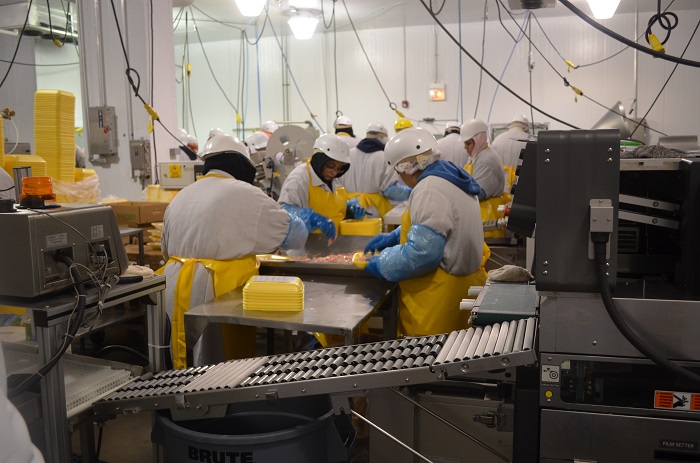What is Ethical Consumerism?

Ethical consumerism is a topic I’ve been frequently during my presentations on what it truly means to eat halal (what is permissible) and tayyib (wholesome, pure) and why we should put our money where our mouths—and our values—are.
Pesticide-free limes from Vista, CA sold at the weekly Carlsbad, CA farmers market (2011)
Essentially, ethical consumerism speaks to the idea of purchasing products from ethically-sound businesses that source their ingredients from farmers and other third parties who care enough about the animals, the environment and the workers, to ensure that their finished product is not mingled with immoral, corrupt or unhealthy practices.
For example, would you feel comfortable eating an organic grass-fed beef product only to find out that the way the animal was processed included abusive or torturous methods? How about purchasing from companies who practically enslave their workers with poor working conditions, low pay and no way to voice their opinion over these injustices?
When we support ethical business practices, we support sustainable ones, too. Irresponsible practices damage everyone and everything: the soil, air, water, animal and human health. Sustainability goes hand in hand with ethical consumerism because we are the ones to drive the demand for it. Or not.
Ethical consumerism is a hot topic today because more consumers are demanding transparency about the products they buy, right down to the way the food was planted or the animal was raised—and that’s a good thing.
Not all companies are on board with this, though.
Next, I’ll talk about one company that is leading the way in sustainability without sacrificing the halal and tayyib in doing so. Stick around…









Responses